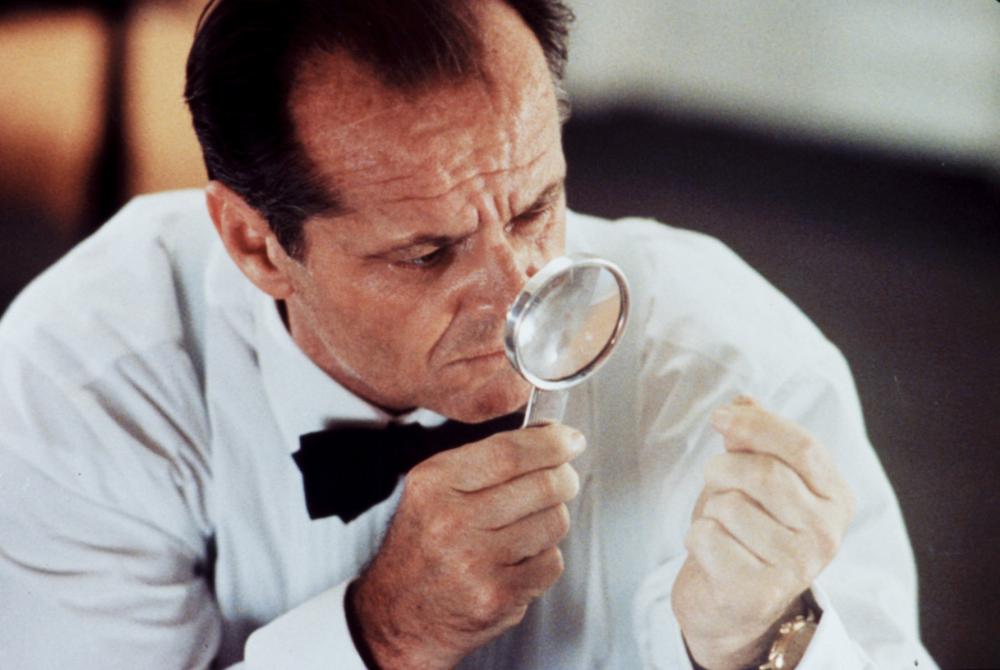
Some movies are meant to be told in chapters. The proliferation of Marvel films has led the film industry to operate like comic books. Viewers are given grand narratives that play out through trilogies, sagas, and even entire fictional shared universes.
However, sometimes, a self-contained film is given the chance to continue telling its story despite no indication that the story needed to continue. It’s easy to understand why these sequels get made. A successful film is going to have a built-in fanbase, allowing film studios to reach a wider audience. Filmgoers are willing to revisit characters they’ve already fallen in love with rather than take a chance on a new story they are unfamiliar with.
As a result, everything from The Tooth Fairy to Donnie Darko has been given a sequel. There’s a common adage that sequels are never as good as the original. This is often true, as many sequels exist simply to cash in on the previous film, rather than manifest because the filmmaker has another story to tell. The hallmarks of a bad sequel are often clear. Sometimes they can’t get the original director or actors back. Other times, they rehash the exact same story, leading to audience fatigue. Some directors even see their original work turned into a franchise zombie, a never-ending stream of sequels tangentially related to the original work being released year after year.
But sometimes, sequels turn out great. In even rarer occurrences, a sequel will come out that completely goes under everyone’s radar. These are sequels that are immediately dismissed because they are either don’t live up to the original or radically depart from the originals vision. These sequels may not completely recapture the magic of the original, but they are solid films in their own right and can regain a fanbase after the initial backlash dies down. These are the best sequels that no one talks about.
1. Shock Treatment (1981)
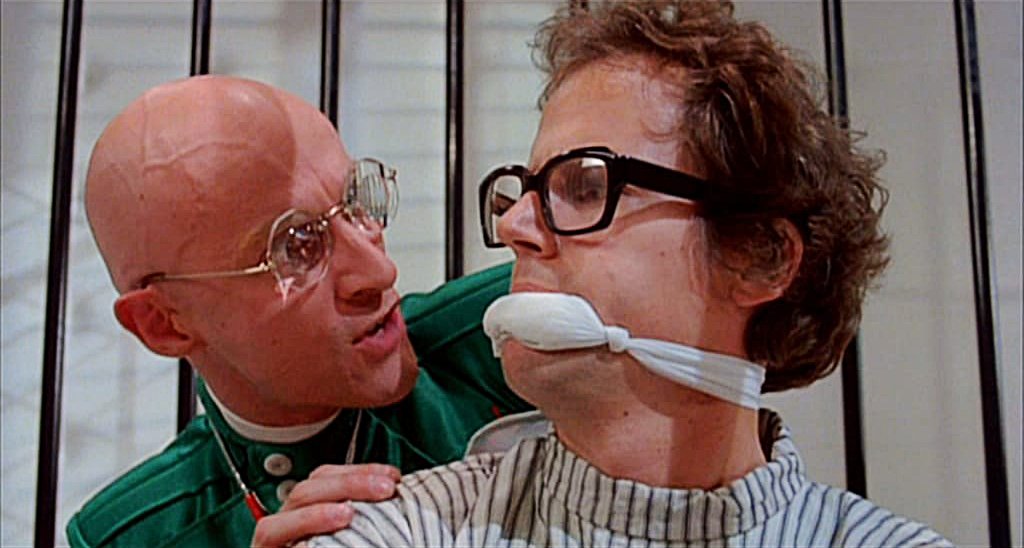
Most people are shocked to learn that there’s a sequel to Rocky Horror Picture Show that doubles as a game show satire, with good reason. It sounds like an improbable fever dream.
In 1975, Rocky Horror Picture Show was met with universal disdain, only to become a massive hit as fans started going to raucous midnight showings a year later. The proliferation of the film’s cult following came out of a mix of genuine affection for the campy horror, an air of sexual liberation, and the instant memability of the film, marking it as the first true midnight movie.
After the film was cemented in history as one of the most overwhelming surprise successes, Richard Brian, the director of the stage show version of Rocky Horror, pushed for a follow-up film called Shock Treatment. Shock Treatment follows the now married protagonists Brad and Janet as they find themselves in Denton, USA, a town entirely encased in a game show.
The film was a critical and commercial failure, as fans were both put off by the recasting of Brad and Janet and the refusal from Tim Curry to participate. They resented the film’s promotional tagline, claiming “It’s not a sequel… it’s not a prequel… it’s an equal.” Also at play was the forced commercialization of a cult following that started organically. People enjoy cult films on the principle that they have found value in something that was reviled, and any attempts to artificially recreate that felt hollow to many fans of the original.
Despite this, Shock Treatment is a very fun film in its own rights, offering audiences a brutal riff on American sitcom suburban culture and a surprisingly prescient take on celebrity and reality television stardom that’s only aged better in the era of Instagram celebrity. The songs may not be as catchy and the film doesn’t have the built-in iconography of the original, but a strong performance from Jessica Harper, an aggressive visual style, and a bleak and biting sense of humor make Shock Treatment an entertaining, unique satire that’s worth a watch!
2. The Two Jakes (1990)
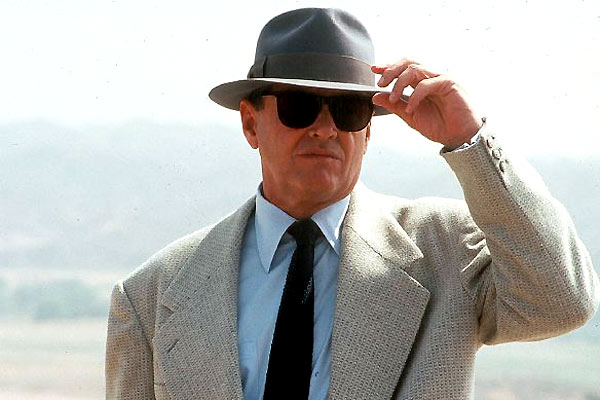
Ask anyone what their favorite Jack Nicholson film is and Chinatown will likely rank in most people’s top 3. In 1974, Polanski and Nicholson caught lightning in a bottle, combining an intricate mystery thriller with a devastatingly bleak atmosphere. As a result, the film is widely considered one of the greatest noir films in history. Perhaps no movie has a more singular, definitive, perfect ending than Chinatown, which is why many audiences were confused when Jack Nicholson returned to self-direct a sequel called The Two Jakes.
Taking place eleven years after Chinatown, The Two Jakes follows Jake Gittes, now entrenched in an infidelity case turned murder at the hands of a realtor who is also named Jake. As Gittes continues to dig into related strings, including a dead business partner, a wire recording, and an oil drilling scheme, he begins to realize the case is connected to a big case that he never quite got over.
The film may not pack the same punch as Chinatown, but it does a lot to further develop the character as he grapples with the past and struggles to make sense in a world that isn’t getting any simpler. Nicholson has a great eye for direction and his performance is aided by a stacked cast and very sharp dialogue, even when the plot starts to become more convoluted.
The Two Jakes was met with mixed reception and didn’t make a splash in the box office due to a clunky script and a failure to live up to the original. However, the film itself is a solid entry into the noir genre and manages to tell an interesting story while elegantly expanding on the themes of the original without ever becoming too overbearing.
3. Psycho 2 (1983)
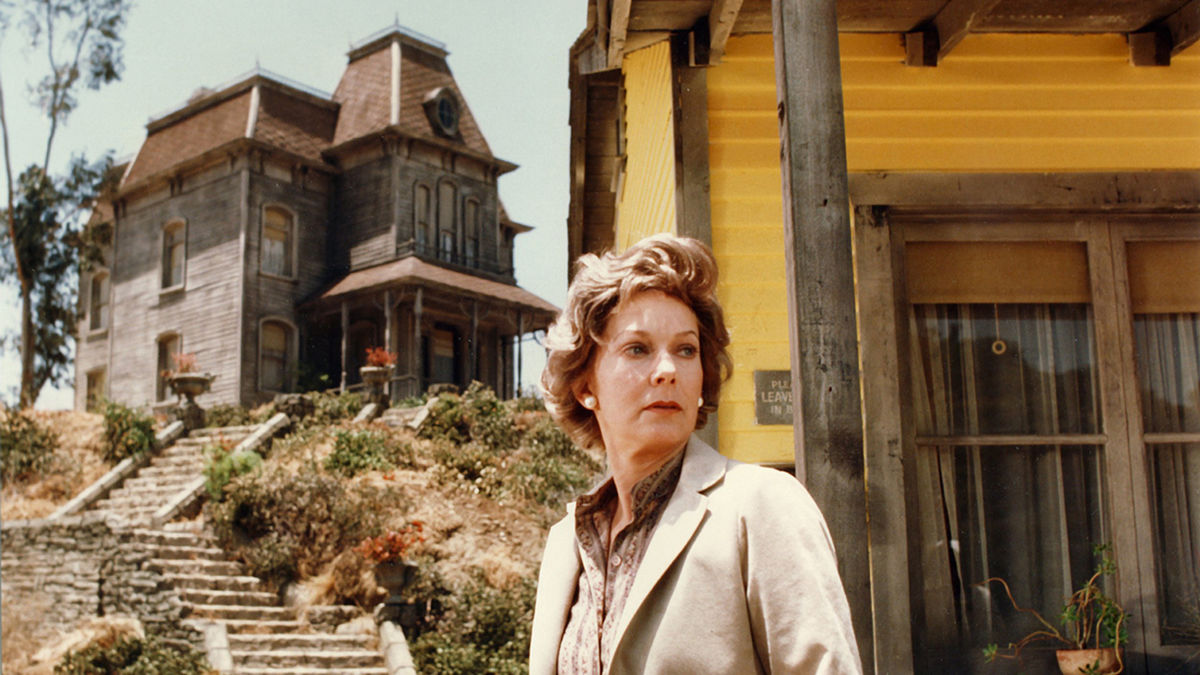
Some movies are so famous and well regarded that the mere concept of making a sequel to them is met with disdain. Psycho is one of those movies. Alfred Hitchcock’s most popular film is so well-known and well-loved that one doesn’t even need to see it to understand the shower scene, explain who Norman Bates is, or recognize the iconic strings theme. When Tom Holland and Richard Franklin decided to create a sequel without the involvement of Alfred Hitchcock, audiences were skeptical.
Upon release, the reception was varied, and most people today are unaware that it exists. The film itself, however, is a compelling and unique follow-up that sees Antony Perkins returning to his original role as Norman Bates. Having served his time in prison, he is now released back into the public, to the displeasure of Lile Loomis, the sister of Perkin’s shower victim in the original Psycho. As Bates regains control of his hotel and tries to create something of a normal life for himself, he begins to see signs of his mother as he grapples with his sanity.
Psycho 2 is a worthy follow-up that honors the original while creating a compelling story that plays with concepts of gaslighting, the past, and the struggles of trying to reintegrate in a society that wants you to fail. The film may not reach the heights of the original, but it will satisfy anyone looking to revisit the character and the world that Hitchcock so lovingly created.
4. Bill and Ted: Face the Music (2020)
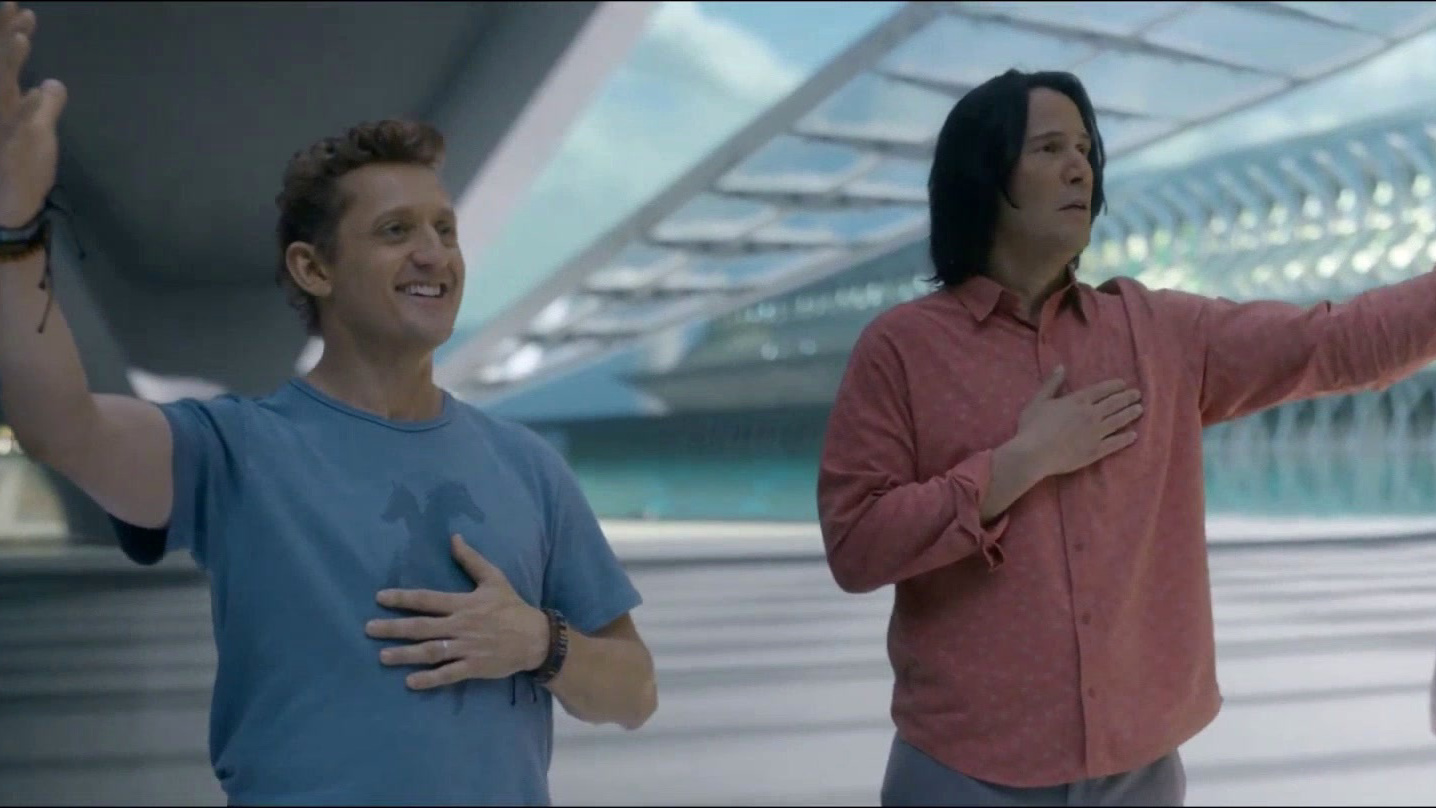
Despite coming out during a pandemic where new movies were scant and everyone was stuck at home, Bill and Ted: Face the Music never managed to find its footing in the pop culture landscape as anything other than a flash in the pan reboot. Though decently reviewed at the time, Face the Music feels strangely absent from the lexicon, suffering from multiple release delays and eventually finding distribution through video-on-demand services.
Coming out nearly 29 years after Bill and Ted’s Bogus Journey, a now middle-aged Bill and Ted must recruit their daughter to help them write their fated “song to save the world” that they spent almost 3 decades procrastinating on. A sense of failed potential and the embracing of time passed anchors this time travel comedy and Bill and Ted meet alternate versions of themselves while their daughters travel through the past to recruit the best musicians of history.
The comedy world had seen a host of reboots and sequels coming out 15-30 years later that crash and burn. Often they are mere husks of the original, only existing to remind viewers of jokes that worked in the first film. At worst, they can be offputting as we see aging actors spim their wheels trying to recapture something that is gone.
However, unlike something like Dumb and Dumber 2 or the Jay and Silent Bob Reboot, Bill and Ted: Face the Music eschews the self-conciseness and self-deprecating attitude most late-game sequels trudge on their backs in favor of an earnest, fun adventure that sees Alex Winter and Keanu Reeves genuinely revive their characters in a way that feels earned. It hit at the perfect time during the pandemic with its unbridled optimism and laid-back fun dad energy, and will hopefully garner a larger appreciation over time.
5. Cult of Chucky (2017)
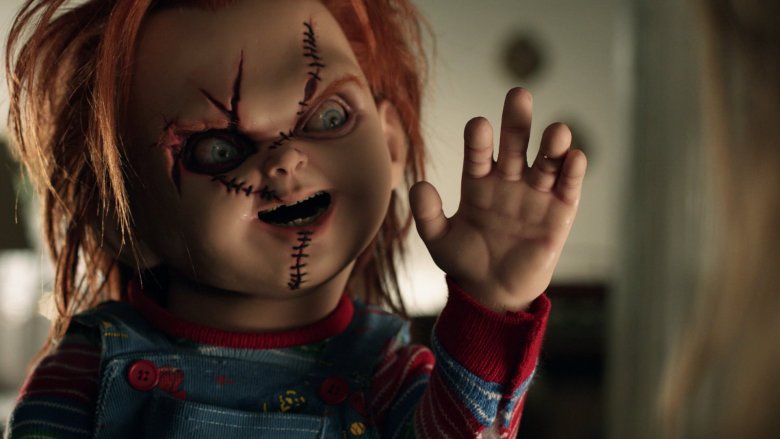
Cult of Chucky proves that the 7th time is apparently the charm.
In 1988, director Tom Holland adapted Don Mancini’s short story about a bloody buddy into one of the most successful and longstanding horror franchises of all time, Child’s Play. The film cemented the killer doll trope and spawned a series of sequels that progressively embraced a comedic perspective.
Following the franchise’s foray into films that were borderline self-parody, Don Mancini decided to conceptually reboot Child’s Play while retaining the series continuity with the 2013 Curse of Chucky and the 2017 Cult of Chucky. The films promised to bring back a darker approach more in line with the original, were quietly released straight to video.
As a result, the majority of audiences did not see the films, as a direct-to-video release usually indicates a significant drop in quality. However, in the case of Cult of Chucky, Don Mancini was able to create a compelling, satisfying, and wildly entertaining film that ties all the previous 6 films together.
The film stars Fiona Dourif, reprising her role as Nice Pierce, the protagonist of Curse of Chucky, now trapped in a mental institution after being framed by Chucky for the murder of her family. Also in play is former child star Alex Vincent, reprising his Andy character, now as a traumatized adult determined to destroy Chucky once and for all by committing himself to the institution and hunting Chucky down.
The direct-to-video approach allows Mancini to execute absurdly ambitious body-swapping setpieces, bloody mayhem, and intricate fan service that rewards long-time fans. Indeed, Cult of Chucky is significantly more entertaining than most straight-to-DVD films and might be one of the only 7th entries in a franchise that ranks among one of the best.